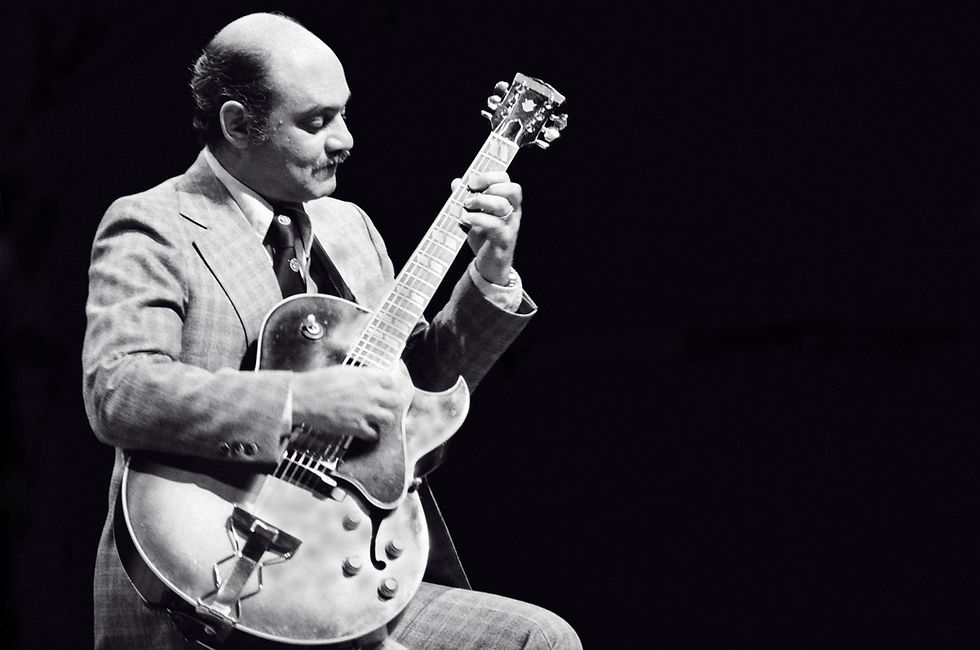6 Key Practice Areas For Serious Guitarists
- Ralfs Bendrāts

- Dec 25, 2022
- 3 min read
Let's look at what I find the most important key areas for guitar learners when sitting down with the guitar and practicing it.

Practice area #1 - Technique:

Every key area I'm going to talk about today is more or less equally important.
Guitar technique is super important because without at least decent technique your guitar playing will surely sound like crap. You need at least somewhat proper training with hand coordination and finger strength and flexibility/ play ability.
Technique on guitar means so many things. There's a ton of stuff you can learn. It's basic hand synchronization, alternate picking, legato, sweep picking, hand-picking, hybrid picking, tapping, economy picking, etc.
Whatever you choose, there's tons of techniques to work on in your guitar practice time.
Practice area #2 - Knowledge:

Knowledge includes many things. Theory, for example, is one form of knowledge.
In theory there's arpeggios, scales, triads, triad pairs, pentatonics, hexatonics, etc.
Knowledge and theory in general is not something which makes you only academically smart in music. Theory is actually important and useful for almost every guitarist because with proper theory knowledge you can write better songs, as well as improvise better.
Practice area #3 - Song repertoire:

Learning a song or two is not only useful for people who appreciate songs but also for improvisers. Everyone can benefit here.
Composition and song writing can be painful but very rewarding too.
For example, learning a song on guitar will improve things like melody, phasing, etc. You will become more rounded as a guitarist.
We learn from other people. Therefore before you can bend and create your own rules, you have to learn the rules. And by osmosis you learn song composition stealing others' ideas via song learning.
Practice area #4 - Ear training:

Some guitar experts say ear training is the most important thing for musicians to learn and practice.
Well, maybe it is... maybe not. I don't know for sure.
But for me it's quite high on the list.
Ear training quite simply makes you more melodic and interesting to listen to.
Transcribing songs by ear is a biggie. And I wholeheartedly recommend taking some time in your practice every week to train your ears to transcribe some musical material.
Practice area #5 - Time feel:

I think time feel, timing and groove for me is the most important one.
As they say - you can play anything/ "musically wrong" things, but if the groove is there, it will sound okay anyway! That's how powerful time feel is.
There are multiple different ways how to practice time feel. But it's usually with some sort of click sound (metronome, etc.).
But always make sure you devote at least 10 - 30 minutes 3-5 times a week on this.
Practice area #6 - Improvising:

This is what keeps me up at night. I simply love improvising and always have been.
Now, I'm not talking here about how good I am at this craft, but for it's very important anyway.
Songs are great, but if you can play guitar on the fly without any preparation then it's super cool, isn't it.
Yes, I love improvising.
Quick summary
As you now know, there are many different areas each aspiring guitarist needs to work on and develop. You just can't noodle with your practice time. It's simply completely counter-productive. It can be useless time!
So make sure you focus at least on some areas with your guitar playing each day or every other day.
It's not totally necessary to work on everything at once daily. That is too much.
Choose 1 or 2 areas a day and do those. Then you will slowly but surely become a much better guitarist over time.
Good luck!







Comments